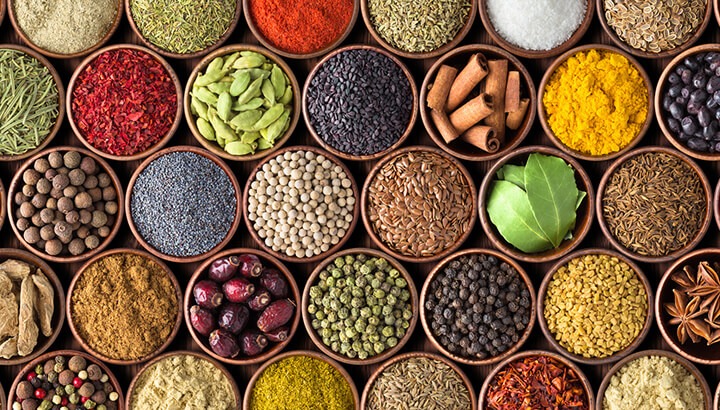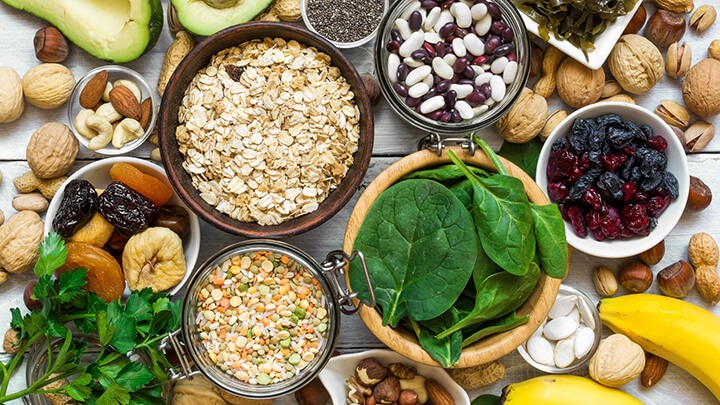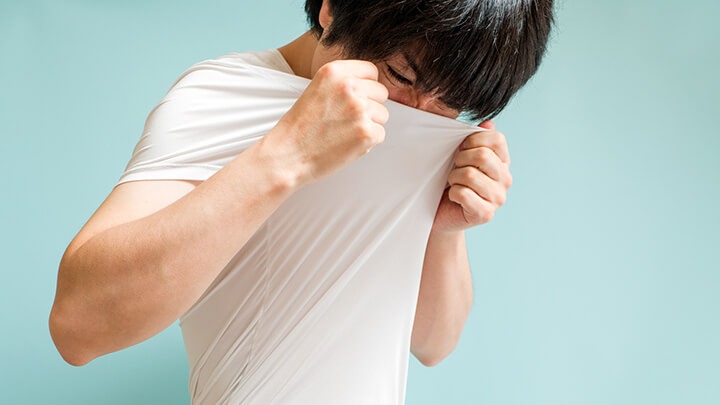Our hearing is just one of those things we take for granted, up until the day when it begins to decline. A lifetime of loud noises, ear infections, poor diet and other adverse lifestyle factors can all contribute to hearing loss, and by the time it starts to go it’s often already too late to reverse.
Luckily, our hearing health is directly associated with what we eat. As this study stated, “diet is one of the few modifiable risk factors for age-related hearing loss.” This means that, by eating the right nutrient-dense foods and staying away from those foods that promote inflammation and poor health, we can not only protect against hearing loss, but also reverse many of the common causes of hearing problems in the first place.
In this post, I’ll explore some of the vitamins and minerals found in certain foods that have been proven to boost hearing. The best part of it is that, by eating a diet rich in nutrient-dense foods, you’ll be supporting not just your hearing but your overall health, both internally and externally.
Folate
The link between folate, otherwise known as vitamin B-9, and hearing loss has long been established in the scientific community. A 1999 studypublished in the American Journal of Clinical Nutrition found that elderly women suffering from hearing loss had 43 percent lower serum folate levels than women with normal hearing. A 2003 study published in 2003 showed that folate levels were significantly lower in patients with sensorineural hearing loss than those with no hearing disability. Another 2004 study found that males with age-related hearing loss had very low levels of serum folate.
Vitamin B-12
Continuing the B-vitamin crusade for hearing loss protection is vitamin B12, which has received just as much attention as folate in the research literature. In the same 1999 study as that listed above, elderly women with impaired hearing had 48 percent lower serum folate than women with adequate hearing. Two other studies confirmed that low serum vitamin B12 was associated with sensorineural hearing loss and age-related hearing loss.
It’s thought that both folate and B12 deficiencies cause homocysteine levels in the body to elevate, which in turn restricts blood flow to the cochlea – the part of the ear that converts sound vibrations into electrical signals that then travel to the brain. Vitamin B12 is naturally present in animal foods like meat, fish, eggs, milk, and dairy products. If you’re vegetarian, you should consider getting your hands on a good vitamin B12 supplement.
Omega-3 fatty acids
The importance of omega-3 fatty acids for healthy hearing cannot be downplayed, yet most of us aren’t getting enough in our daily diets. A 2010 study published in the American Journal of Clinical Nutrition found that study participants who had at least two servings per week of cold-water fish, which are high in omega-3s, had a 42 percent lower risk of developing age-related hearing loss than those who at less than one serving of fish per week.
Other foods high in omega-3 fatty acids include pastured eggs, flaxseed, walnuts and grass-fed beef and lamb. But of course, you can’t beat a good serving of wild-caught salmon or sardines!
Vitamins A and E
A 2011 study set out to examine the link between dietary and supplement intakes of antioxidants, and the prevalence of hearing loss. Out of all the antioxidants the researchers measured over the course of five years, vitamins A and E were the clear winners in terms of hearing health. Those with the highest intake of dietary vitamin A had a whopping 47 percent reduced risk of hearing loss, while those who ate the most vitamin E-rich foods had a still-respectable 14 percent lower likelihood of hearing loss.
Foods high in vitamin E include almonds, spinach, sweet potato, avocado, sunflower seeds, butternut squash and olive oil. Vitamin A-rich foods include beef liver, carrots, sweet potato, kale, spinach, broccoli, eggs and grass-fed butter.
Vitamin C
Of course, vitamin C was going to pop up somewhere on this list — it’s arguably the most important vitamin of all! Vitamin C is a water-soluble antioxidant that works in conjunction with glutathione and other cellular antioxidants to effectively scavenge free radicals associated with noise-induced hearing loss. Studies in guinea pigs show that higher dietary intake of vitamin C protects the auditory brainstem from damage due to excessive noise, while studies in humans have found that vitamin C supplementation can improve symptoms of sudden sensorineural hearing loss by reducing the level of reactive oxygen metabolites produced in the inner ear.
Luckily, vitamin C is easy to slip into your diet: foods high in vitamin C include citrus fruits, papaya, strawberries, bell peppers, broccoli, Brussels sprouts and dark leafy greens. But if you suspect you’re not getting enough vitamin C from the food you eat, don’t risk it — get your hands on a good vitamin C supplement! It’s hard to overdose on vitamin C, so this is one of the safer supplements to be taking.
— Liivi Hess







